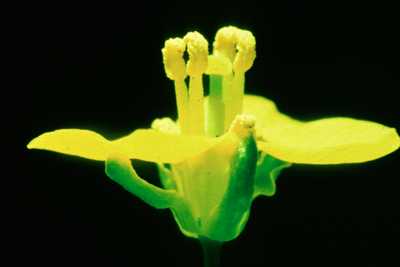Testable Question: Do crickets like the light or dark environment ?
hypothesis: If we put cricket in a light or dark environment i think that the crickets are going to like the dark better then the light because cricket are nocturnal which means that they sleep in the day time and there up at night. So because the are use to the darkness the are going to be in the dark side most.
Things crickets need/or do: Cricket chirp at different rates depending on their species and the temperature of their environment. Cricket also like all other insects, only the male cricket amnivores and scavers feeding on orgonic materials, as well as decaying plant material, fungi and seeding plant.
What we did : What I did to set up my data was first we got a toub and we put paper to go on one end of the toub. Then we put it in with the crickets and the we had to wait to see if the would go in it, if the go in it means the they like the dark better than the light. We waited for one min to see what would happen if they would go in it nothing happen the 2nd time we did it for 2 min nothing happen. From this we can tell that they may not like the toub.
What it learned : What we learned was that my data does not go with my hypothesis because i thought that the crickets would like the dark the most but that was not what happen they stayed in the light. We moved the toub around to make sure that they saw it but wouldn't go in it.





